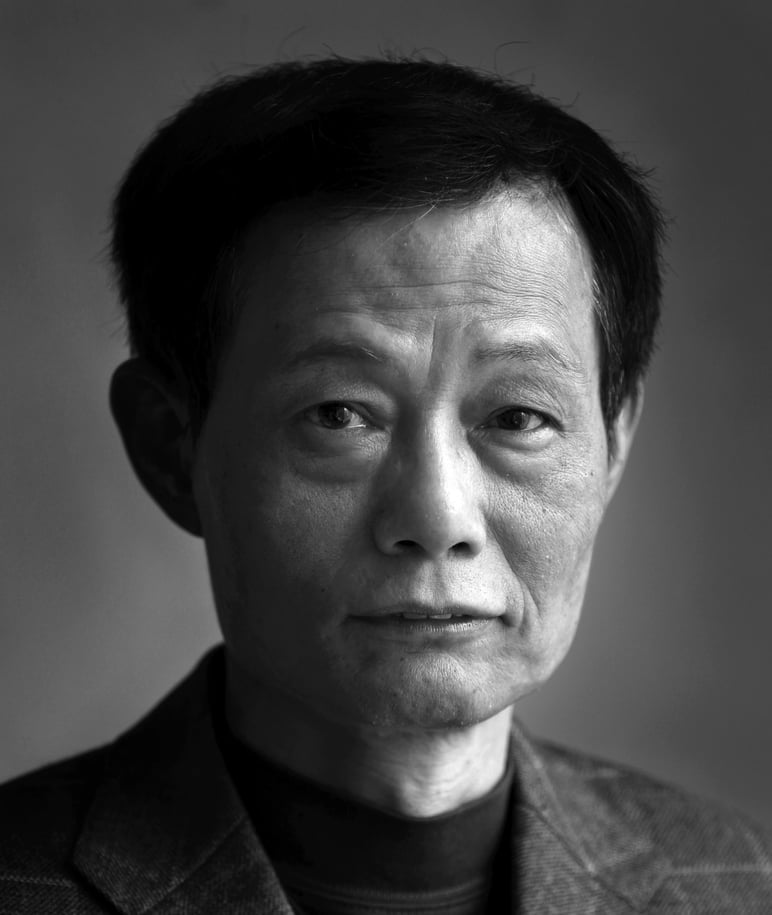
As North Korea loses its use, China loses its patience
The halting of coal imports suggests Beijing can no longer stomach Kim Jong-un’s erratic behaviour, even at the risk of losing a buffer against US interests in Asia
China’s move to effectively cut off North Korea’s revenue lifeline by banning coal imports is the first significant signal that Beijing is willing to work with the United States to rein in its defiant neighbour after President Donald Trump’s repeated complaints.
This latest move might also indicate a willingness to break the deadlock between China and the US since Pyongyang quit the Treaty on the Non-Proliferation of Nuclear Weapons in 2003.

Trump has made repeated calls for China to get tough on North Korea, saying Beijing could end its neighbour’s nuclear programme “very quickly and easily”.
China does provide most of North Korea’s food and fuel; it has long played a crucial role to effectively keep the regime afloat and avoid a repeat of the famines of the 1990s. But the solution China truly seeks is not what the US anticipates.
North Korean diplomat arrives in Beijing for first talks since Kim Jong-nam assassination
China’s strategists have long-feared any tough action against the reclusive state might lead to its collapse, triggering a refugee wave at China’s borders and leave Beijing without a geopolitical buffer to US forces under a unified Korea.

There also remains a significant ideological and historic bond between the two nations since fighting together during the Korean War.
However, China has failed to tame North Korean leader Kim Jong-un since his ascension in 2011, a year before President Xi Jinping (習近平) took power in China. Xi has met his South Korean counterpart many times, but has never met Kim.
Since he came to power, Kim has purged senior officials with close links to China in fear of a Beijing conspiracy to replace him, and accelerated Pyongyang’s nuclear and missile programmes despite China’s objections. During Kim’s five years in power, North Korea has implemented 36 ballistic-missile tests and three nuclear tests.

The recent killing of Kim Jong-nam, the leader’s estranged brother, might be the last straw. While Pyongyang denies any role, the use of the VX chemical agent – a weapon of mass destruction according to the United Nations – might prompt Beijing to further distance itself from Kim’s dynasty.
China may now realise that continued inaction on North Korea conflicts with its rising international clout and contradicts its national interest. Kim’s weapons of mass destruction pose the same risk to China as they do to South Korea, Japan or the United States.

North Korea’s relentless weapons build-up has fuelled an arms race in the region. Japan, South Korea, Taiwan, India and Australia are scrambling to upgrade their defences. South Korea’s decision to deploy the Terminal High Altitude Area Defence system to contain the North’s nuclear capability is perhaps the highest-profile reaction, a move that Beijing is fiercely fighting against for fear it could also be used to curb China.
US, China, Japan and South Korea mull what to do with North Korea
All this risks triggering a nuclear domino effect in Northeast Asia. Trump has even suggested that Japan and South Korea acquire nuclear weapons to counter any challenge from North Korea.
In this volatile environment, China’s continued support of a regime widely seen as a state sponsor of terrorism and a major threat to peace in the region will only damage Beijing’s international image and undermine relations with most of its important trade partners – South Korea, Japan and the US, among others. ■
Cary Huang, a senior writer with the South China Morning Post, has been a China affairs columnist since the 1990s

